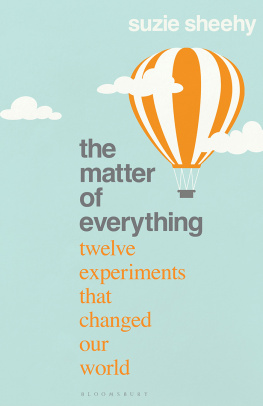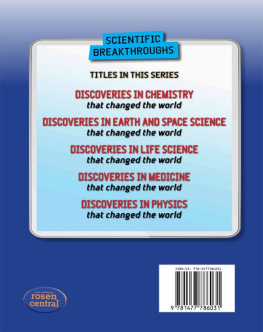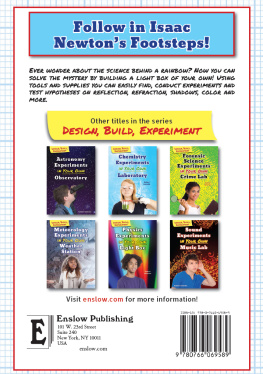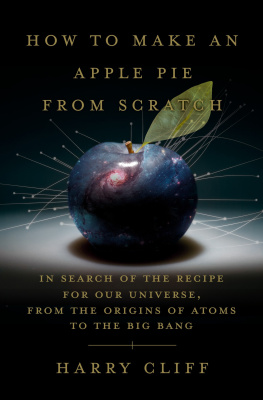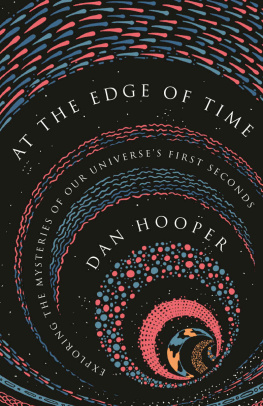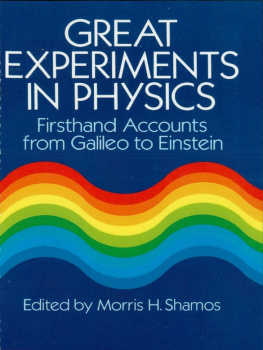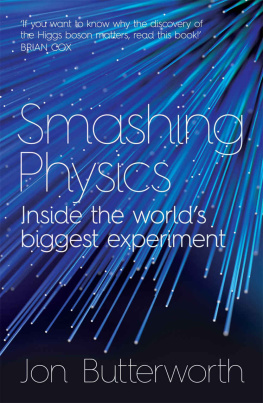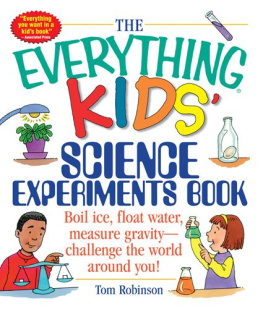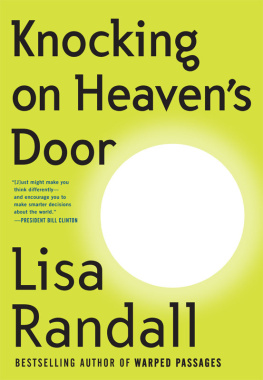

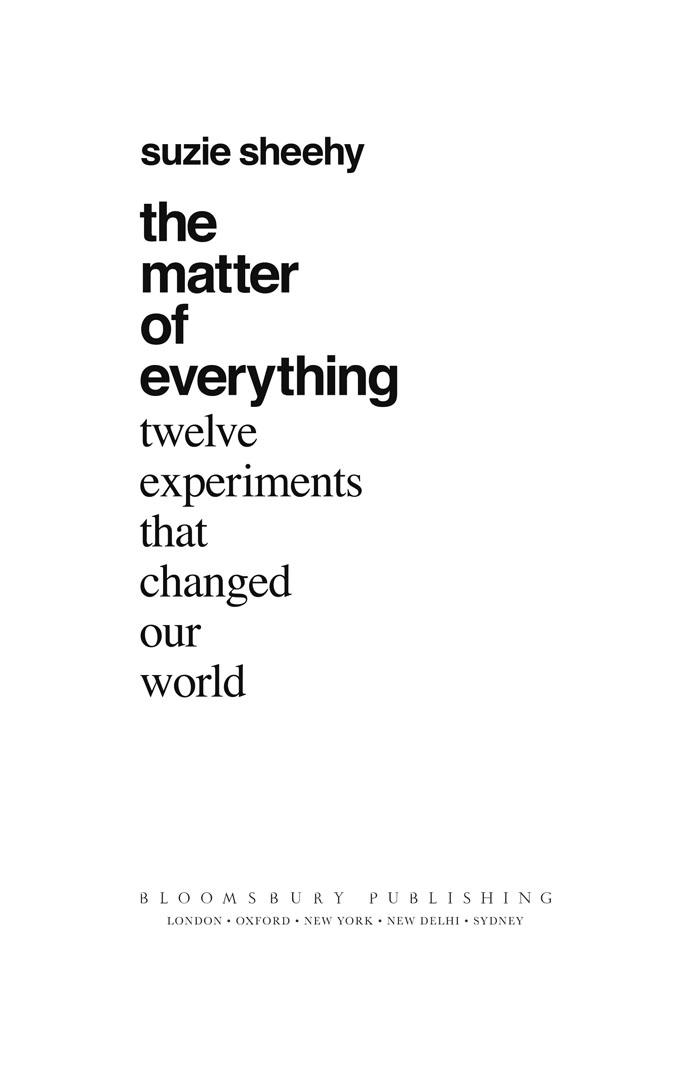
BLOOMSBURY PUBLISHING
Bloomsbury Publishing Plc
50 Bedford Square, London, WC1B 3DP, UK
29 Earlsfort Terrace, Dublin 2, Ireland
BLOOMSBURY, BLOOMSBURY PUBLISHING and the Diana logo are trademarks of Bloomsbury Publishing Plc
First published in Great Britain 2022
This electronic edition first published in 2022 by Bloomsbury Publishing Plc
Copyright Suzie Sheehy, 2022
Suzie Sheehy has asserted her right under the Copyright, Designs and Patents Act, 1988, to be identified as Author of this work
All rights reserved. No part of this publication may be reproduced or transmitted in any form or by any means, electronic or mechanical, including photocopying, recording, or any information storage or retrieval system, without prior permission in writing from the publishers
Bloomsbury Publishing Plc does not have any control over, or responsibility for, any third-party websites referred to or in this book. All internet addresses given in this book were correct at the time of going to press. The author and publisher regret any inconvenience caused if addresses have changed or sites have ceased to exist, but can accept no responsibility for any such changes
A catalogue record for this book is available from the British Library
ISBN: HB: 978-1526-61896-2; TPB: 978-1-5266-1895-5; EPF: 978-1-5266-4710-8
EBOOK: 978-1-5266-1898-6;
To find out more about our authors and books visit www.bloomsbury.com and sign up for our newsletters
Contents
Some years ago, I was sitting at a laptop frowning at the seemingly easy question Id just been asked by four particle physics professors from the University of Oxford. I had missed their names, not just from nerves but because my PhD interview was conducted over an unstable internet connection from a motel room in outback Australia. They had asked me: what do you find fascinating about particle physics?
This was a trick, surely: Oxford admissions interviews are notoriously tough. In that moment, I decided it was best to be honest. I told them of my wonder at the way physics seemed to be able to describe everything: from the smallest subatomic particles to the atoms that make up our bodies, up to the largest scales of the Universe, and how all of this was connected.
Particle physics, I said, was the foundation of it all.
Five years earlier, I had been studying civil engineering at Melbourne University. I had never known that being a physicist was an option: while Id enjoyed physics in school, Id only ever known of it leading to a career in engineering. That all changed a year into my university degree, when I was invited along by my classmates to the annual highlight of the physics student society calendar: astro camp.
One Friday afternoon we left Melbourne and arrived, two hours later, at the Leon Mow Dark Sky Site. The bumpy dirt road led us to a tin-roofed building where we unpacked beer and telescopes, then set up our tents near a large clearing. As the light faded, the temperature dropped and the sound of cicadas began to pierce the air. To preserve my night vision, I used a hair tie to hold a piece of red cellophane over my torch light. I clambered into my sleeping bag, grateful for its dual function as a source of warmth and an insect barrier. I breathed in the familiar scent of gum trees. Then I looked up.
Theres one! the man next to me shouted, as a meteor blazed across the sky. As my eyes adjusted to the darkness, the true wonder of this designated dark sky site revealed itself. The chatter fell to whispers, which in turn fell to a hush. Venus slowly set below the horizon and other planets came into view. Over the course of that night, I got a sense of the slow but constantly changing nature of the night sky. Through my friends telescopes I saw the magnificent rings around Saturn, familiar from pictures but strangely new through a lens, stars forming in nebulae full of glowing dust and globular clusters sparkling with millions of stars orbiting our galaxy 100,000 light years away.
The most spectacular view was the bright band of stars and dust, the glowing arc of our own galaxy, the Milky Way. From the Southern Hemisphere, we look towards the middle of our disc-shaped galaxy. Were about two-thirds of the way out from the middle, orbiting our star, which itself is moving within the Milky Way. The galaxy is cruising through space along with its local group of galaxies at about 600 kilometres per second. Beyond it are billions more like it, stars and nebulae, black holes and quasars, matter formed from energy transformed through immense tracts of space and time.
That moment was when I truly grasped how small I was, how short-lived, and how I struggled to put words to the magnitude of what I was seeing. The stars and planets werent up there and I wasnt down here : it was all part of one enormous physical system called the Universe. I was a part of it, too. Of course I knew that already, but Id never really felt my place in it until that moment.
Suddenly, nothing else mattered. I wanted to know more, about gravity and particles and dark matter and relativity. About stars and atoms and light and energy. Above all, I wanted to know how it was all connected and how I was connected with it. I wanted to know if there really was a theory of everything. I felt deeply that all this mattered, that it mattered to me as a human, that understanding this was a goal big enough that if I managed it even a little bit, Id not have wasted my blip of time as a conscious being. I decided to become a physicist.
The aim of physics is to understand how the Universe and everything in it behaves. One of the ways we try to do this is to ask questions, and as I studied more physics the question that seemed to lie at the core of it all was: What is matter, and how does it interact to create everything around us including ourselves? I suppose I was trying to figure out the meaning of my own existence. Rather than study philosophy, I went about it in a more indirect way: I set about trying to understand the entire Universe.
People have asked questions about the nature of matter for millennia, but only in the last 120 years has this curiosity finally led us to some answers. Today our understanding of the tiniest constituents in nature and the forces that govern them is described by the field of particle physics, one of the most awe-inspiring, intricate and creative adventures that humans have ever embarked on. Today we have intimate knowledge of the physical matter of the Universe and how it all fits together. Weve found that reality has a richness and complexity that humans just a few generations ago could never have imagined. Weve overthrown the idea of atoms as the smallest bits of our world and discovered fundamental particles that play no role in ordinary matter, but appear necessary based on the mathematics that somewhat miraculously describes our reality. In just a few decades we have learned how to fit all of those pieces together, from the blast of energy at the start of the Universe to the most precise measurements in nature.
Our view of the smallest constituents in nature has changed rapidly throughout the last 120 years: from radioactivity and the electron, to the atomic nucleus and the field of nuclear physics, together with the development of quantum mechanics (which describes nature on the smallest scales). Some way into the twentieth century this work became known as high energy physics, as new particles were found and the focus shifted away from the atomic nucleus. Today the study of all the many particles and how they are formed, behave and transform is simply called particle physics.
Next page
